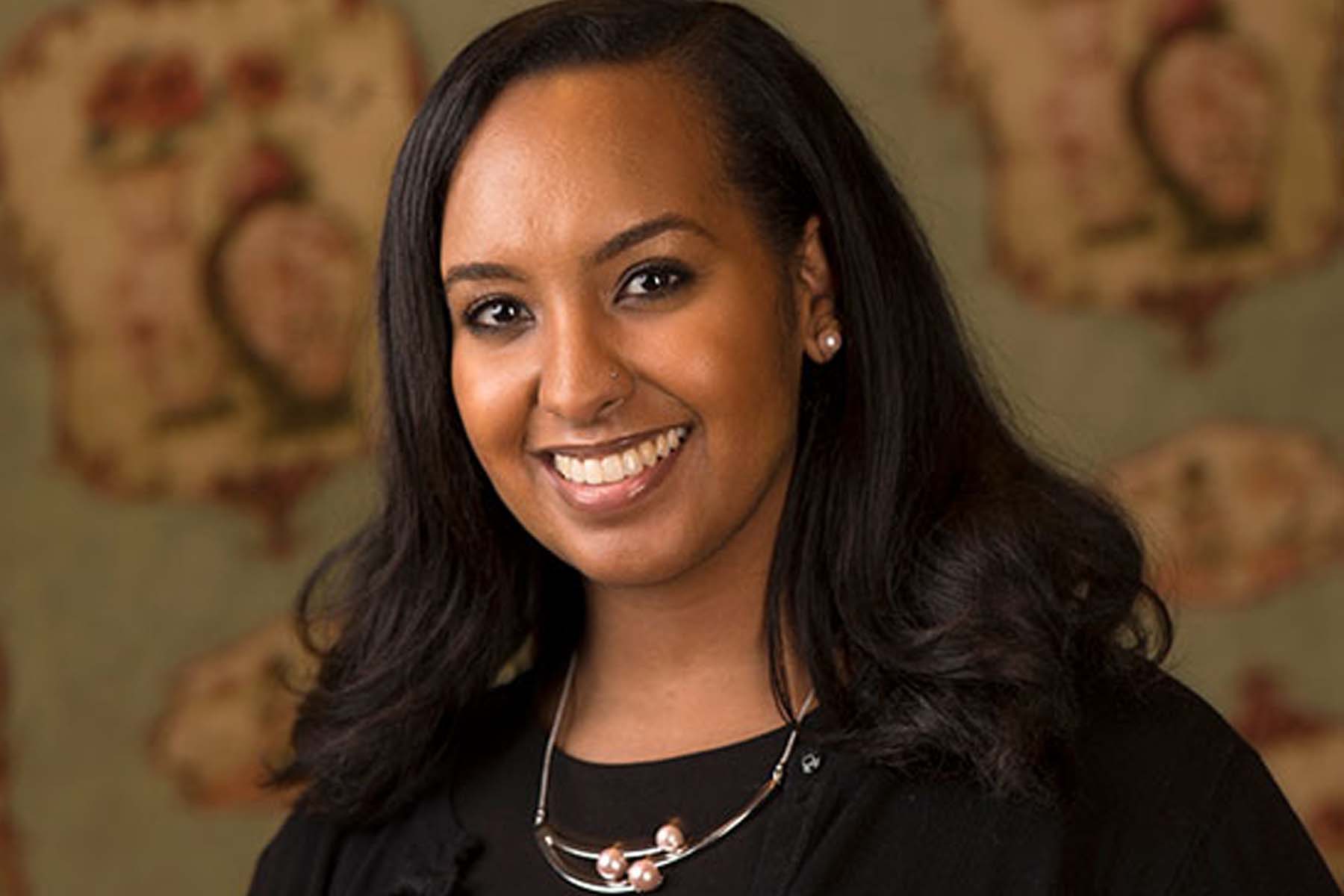© Photo
Top Left: Wisconsin Department of Corrections
Middle (R-L) : State Bar of Wisconsin, Wisconsin Muslim Journal
Last June, Richard “Sam” Schneiter made a series of Facebook posts that found their way into the Milwaukee Journal-Sentinel and shocked many of the people who learned about them. One of those posts was a meme aimed at the Muslim community, in particular at Muslim women.
Schneiter is a 42-year veteran of the Wisconsin Department of Corrections who at the time worked as a deputy warden in the minimum-security prison system. At one point in his long career with DOC, Schneiter was the warden of the “secure program facility” at Boscobel (also known as the state’s “maximum-security” prison).
In June, when Governor Evers flew the rainbow gay rights flag over the State Capitol, Schneiter equated it with the Confederate flag, posting on Facebook, “If they have the right to fly theirs, we Deserve the Right to Fly Ours,” according to the Milwaukee-Journal Sentinel.
One of Schneiter’s Facebook posts was particularly vicious. The meme consisted of a staged photograph of a Muslim woman and her daughter, fully covered in black burkas and flanked by two black garbage bags, below a text that said, “I saw her standing there and I told her she had three beautiful children . . . It was an honest mistake.”
Officials at DOC were unaware of Schneiter’s posts until they were notified by the Journal-Sentinel. The agency has since put Schneiter on administrative leave with full pay, Makda Fessahaye, DOC’s Division of Adult Institutions Administrator, told the Wisconsin Muslim Journal during a meeting last Friday.
The meeting, which was sought several months ago was requested by Janan Najeeb, president of the Milwaukee Muslim Women’s Coalition, who was concerned about the clear evidence of bias on the part of a relatively high-ranking DOC official. As of June 2019, there were 2,806 Muslims in DOC’s custody, out of a prison population of 23,523, according to data supplied by the agency.
Fessahaye said DOC could make no comment on Schneiter’s case while he is under investigation by the agency. According to Fessahaye, the average length of such an investigation is six months.
“We are required to provide our employees with due process,” said Fessahaye. That process includes notice of any allegations against them, interviews with witnesses, and evidence collection. Finally, the employee under investigation is allowed an opportunity to respond to the allegations. Once the investigation is finalized, said Fessahaye, “it goes through an approval process as to if and what the disciplinary [action] looks like.” After that, “a number of individuals within the agency” review the investigation and make a final decision.
When asked what the possible penalties for Schneiter’s offensive posts might be, Fessahaye told WMJ those penalties could include termination or “a suspension of 1, 3, or 5 days.” Or, said Fessahaye, the employee could receive a “letter of expectation” and “be directed to attend a certain type of training.” Such decisions, said Fessahaye, are made on a “case-by-case basis” pending the outcome of the investigation.
Schneiter himself said he planned to retire, possibly “within weeks” of the Journal-Sentinel article about his posts, which ran on July 19. He told the newspaper he considers himself a conservative. Many of his posts were favorable to President Donald Trump, though he also told the paper his posts were being misunderstood and that he only wanted to “engage in discussions on controversial issues.”
At the meeting last Friday, Fessahaye emphasized the importance of both the DOC’s work rules and its values. “The Department of Corrections has a set of values and we have a mission that we follow,” she said. Fessahaye is African-American and told WMJ she is the child of immigrants. She asserted that, “As a department, we value a harassment-free, discrimination-free workplace, and we strive towards that every day in what we do.”
Fessahaye added that, “We are a department of 10,000 employees [located] all across the state. Have there been situations where employees have made comments that we deem not compatible with our values and our mission? Yes. Have we held them accountable? Yes. But . . . with 10,000 employees it’s bound to happen.”
Najeeb asked Fessahaye and Kelli West, the agency’s religious services coordinator, whether DOC had made any efforts to “do department-wide” or “staff-wide education.”
In particular, Najeeb said, “Do you have an administrative person that represents the Muslim community that is specifically going to do some type of training as a result of this?” Besides the “several thousand Muslims in the system,” Najeeb was interested in those who “become Muslim in the system. When we’re talking about this type of training, which is very important, are we bringing players that are going to represent the Muslim community?”
Fessahaye and West said they were unaware of the religious affiliation of DOC employees, with the exception of Daniel Coate, a chaplain at Fox Lake Correctional Institution, who identifies as Muslim.
Fessahaye, who was appointed to her position last January, said that while the agency does have “diversity and inclusion training or cultural competency training . . . available to all of our staff” part of her appointment and “a goal of mine has been to increase the amount of trainings in that field for all of our staff within the division of adult institutions.” She said that she had been working with the DOC secretary’s office, its bureau of human resources, and its division of management services “to determine how best to expand and provide those types of trainings.”
In the weeks to come, WMJ plans to interview incarcerated Muslims about their religious practice and to describe in greater detail the accommodations provided, both for those who enter the prison system as Muslims and those who become Muslim while in what Fessahaye calls DOC “custody and care.”

















